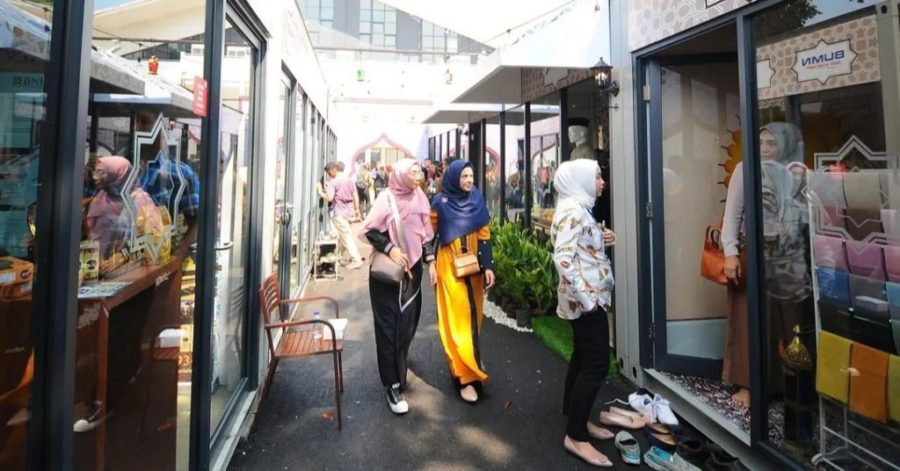
Halal parks as eco-industrial clusters
For the implementation of the halal principle, the production of halal products and services, it is no longer enough to have only one appropriate certification. This direction is developing at such a pace that we are talking about halal parks, halal industry, halal business centers, logistics and distribution centers, writes Professor Murat Shimshek.
Eco-Industrial Halal Parks offer a new approach to the halal industry. Their essence lies in the fact that small and medium-sized enterprises with common interests of the company and related institutions create parks and clusters on a certain territory . Such clusters consist of several horizontally or vertically related industries.
Parks must meet certain requirements in order to be certified as a Halal Industrial Site . For example, their production and management must comply with the principles of halal, they must have laboratories for conducting halal tests, bodies that control the compliance of products with the principles of halal. This is ensured by cooperation between the Ministry of Industry, religious authorities and halal accreditation institutions.
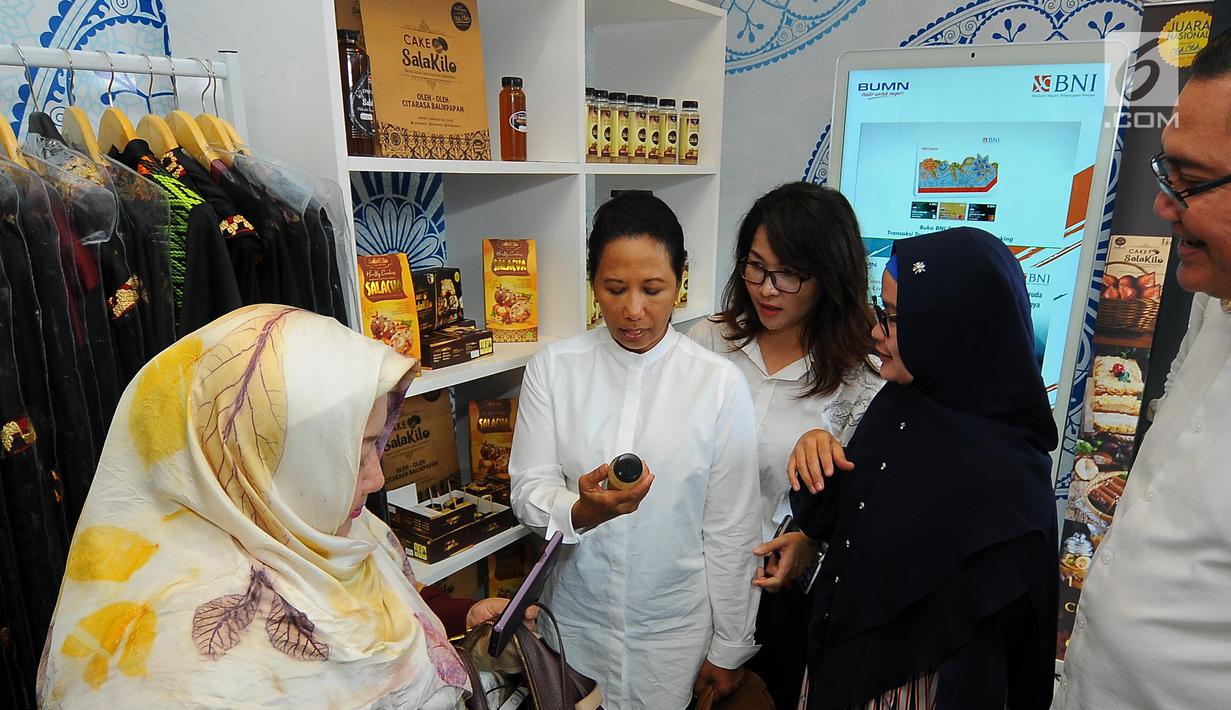
Source: liputan6.com
Halal parks are slightly different from industrial parks. They have all the characteristics of the latter, they also have to comply with halal , hygiene and environmental standards . In their creation, stakeholders and relevant authorities should take into account the requirements for an environmentally sound manufacturing process and maintain compliance with them throughout the entire operation of the parks.
The first such halal parks were created in Malaysia, so the country still maintains a leading position in this regard. Indonesia is also developing this direction, which aims to become a global halal center by 2024…. This country has established an integrated halal industrial zone to serve halal products under one roof and from one point. There are two halal industrial zones here, integrated with the industrial zones of Indonesia – the Chikande Modern Industrial Zone in Serang Banden and the Safe ‘n’ Lock Halal Industrial Park in the Sidoarjo area. In Jakarta, the first “Halal Park” was opened in 2019. In 2020, the Bitamindo Industrial Park was created with an area of 17 hectares, completely dedicated to halal cosmetics and pharmaceuticals. Another such park, Bintan, with an area of 100 hectares, specializes in the production of halal food.
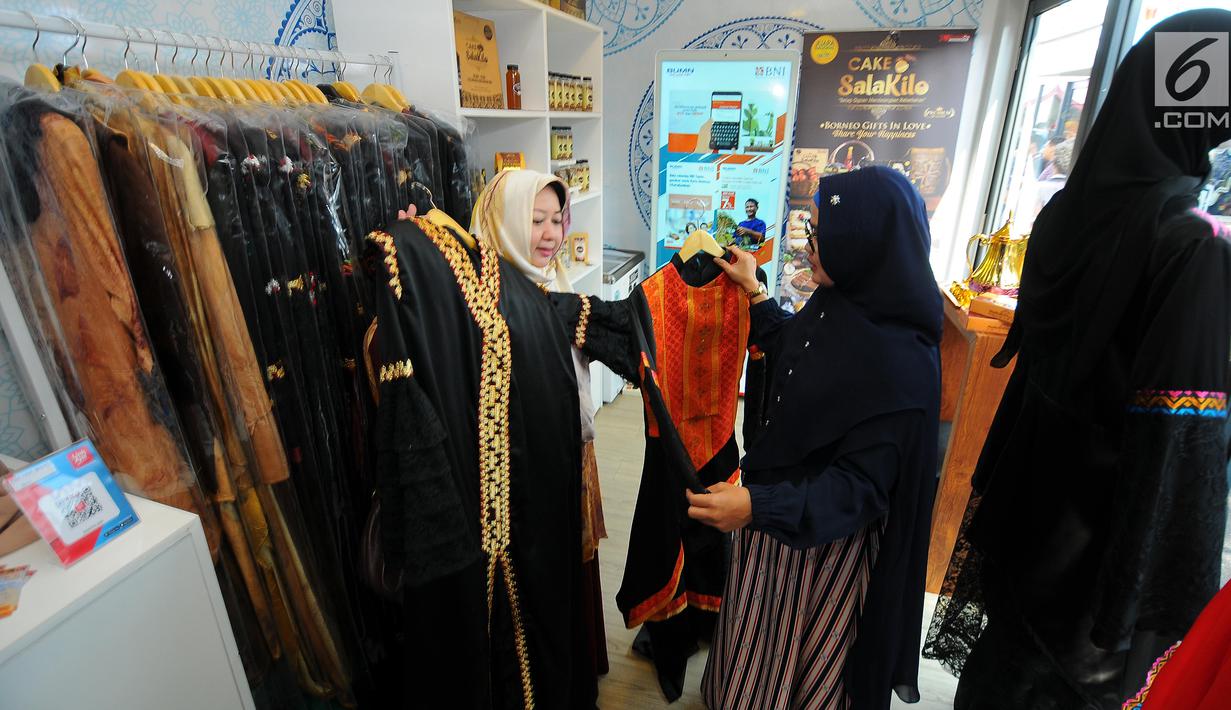
Source: liputan6.com
In Ningxia -Hueyskom Autonomous Region in China, there is an industrial park serving the Muslims, as well as areas for processing of halal materials.
In a number of countries, the creation of halal parks is only being planned. In South Africa, there is a “Halal Industrial Park” project in the Western Cape Province. The Port of Rotterdam develops the concept of halal logistics. A separate sector of the corresponding character has been created here, which is called Halal Distri Park. Proposals have been expressed for the establishment of a Super Halal Industrial Parks in South Wales. There are similar plans in Japan as well .
These parks are expected to contribute to the development of the halal economy and meet the needs of a growing Muslim society. They are not yet very strong, as they are too young, and their further growth requires significant efforts.
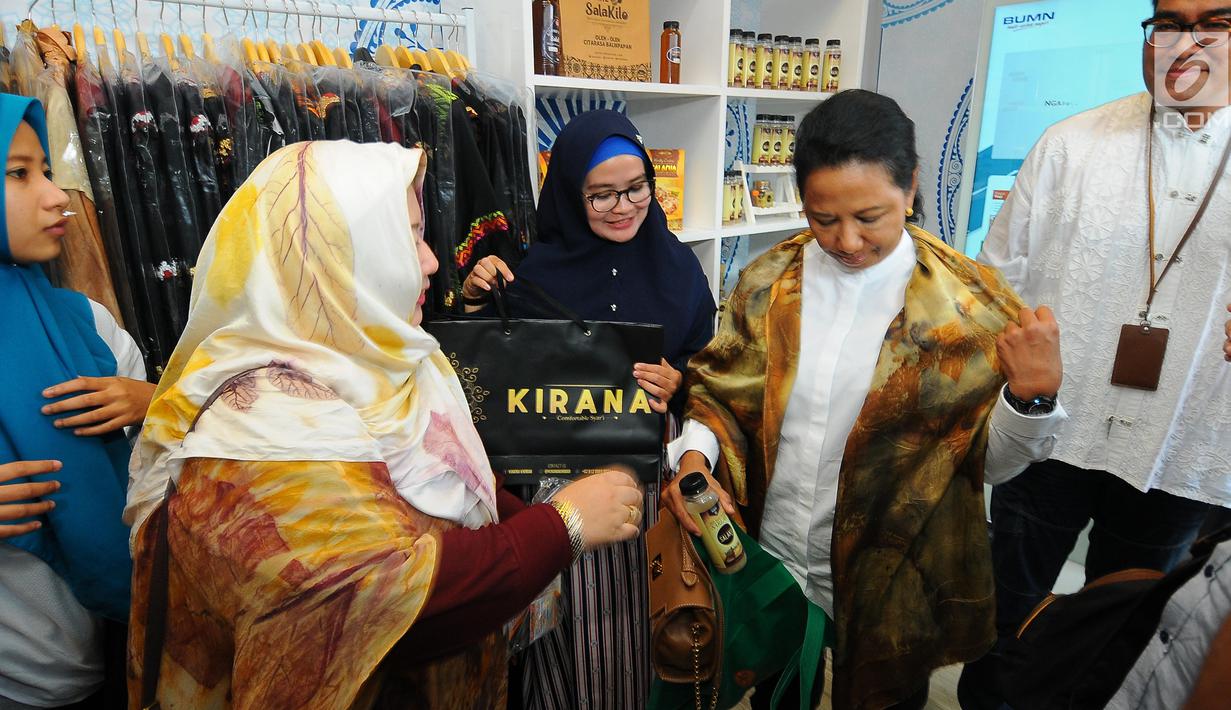
Source: liputan6.com
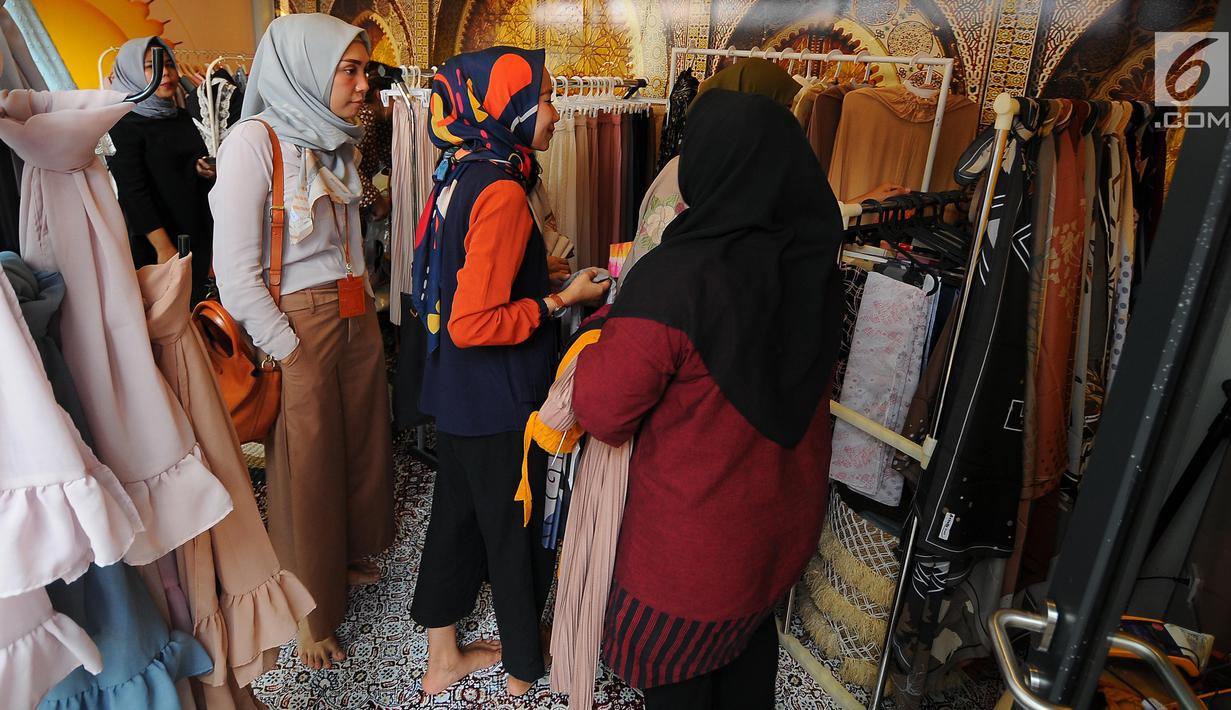
Source: liputan6.com
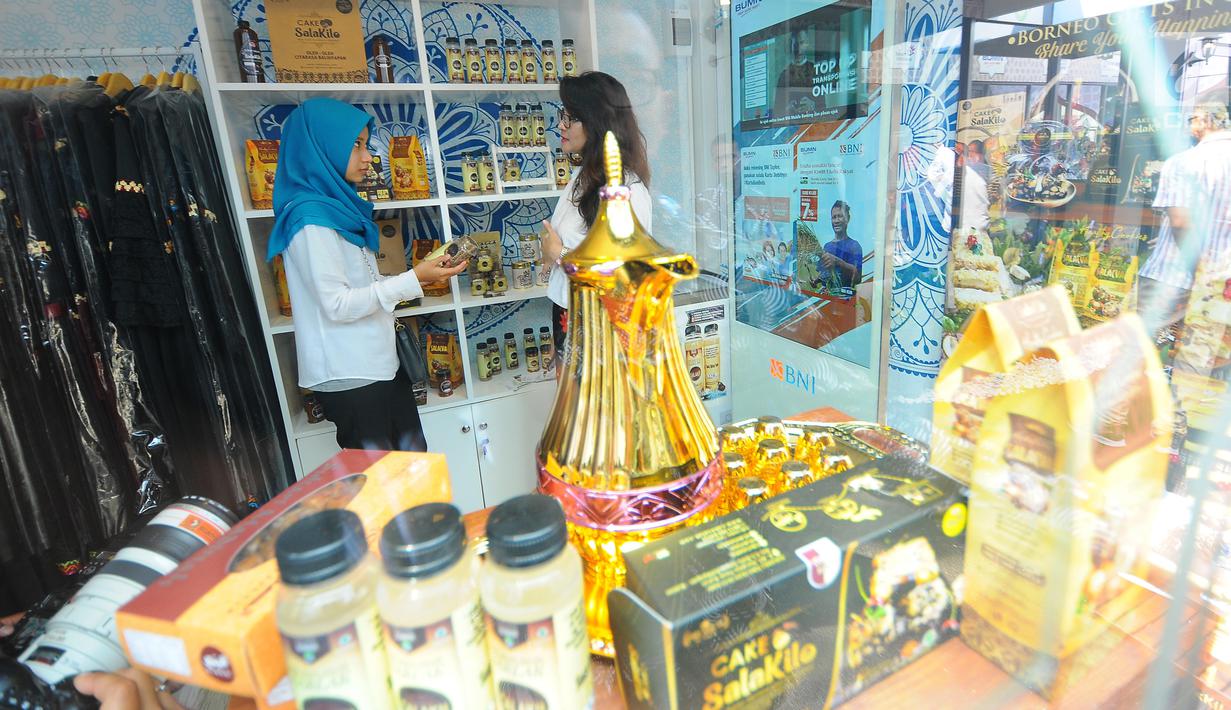
Source: liputan6.com
Islamosphere

